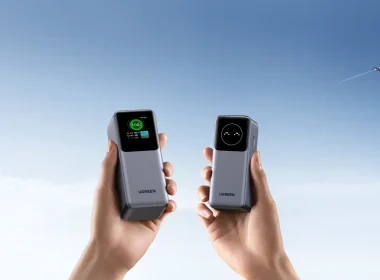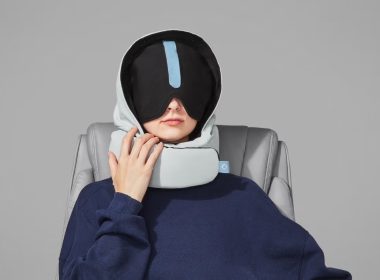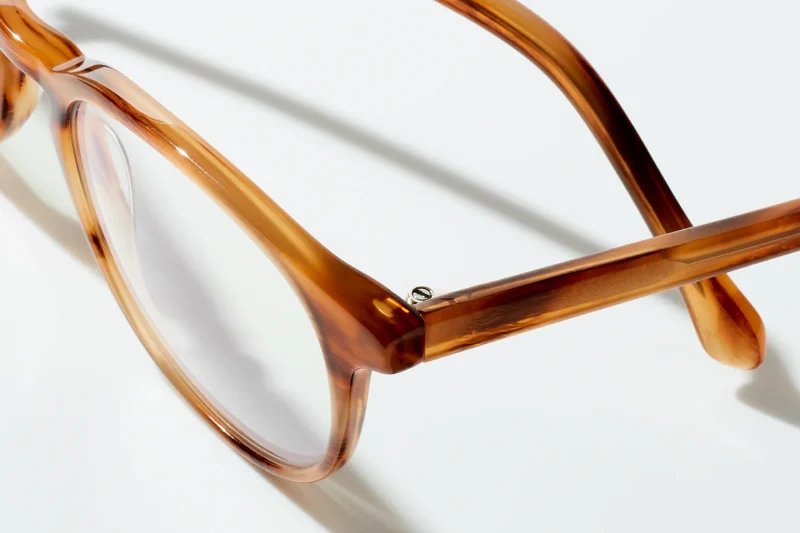Today’s society has thankfully upped the ante on taking accountability for one’s health for the long haul instead of the short term. Although tracking steps and consistent workouts are a big part of the health equation, other factors can drastically affect progress.
Sleep, recovery, and stress are all significant factors in one’s health journey. If one is poor, progress and health can be severely affected. Using wearables to track sleep, stress, and recovery can greatly empower data-driven insights on bad habits, sleep disruptors, stress management, and optimized recovery. Keep reading to learn more about how these wearables can support your health and fitness journey in the long run!
Why is Tracking Sleep, Stress, & Recovery Important?
Tracking sleep using wearables or other devices can establish a better understanding of current sleep patterns. By identifying this, more insights can be utilized to pinpoint sleep disruptors and monitor recovery progress. If you’re an athlete, this can be especially productive in gaining more awareness of sleep habits to monitor recovery and sleep quality better.
The Benefits of Sleep Tracking
- Increases Awareness of Sleep Patterns: Provides detailed information on sleep stages, duration, and disturbances.
- Boosts Motivation to Improve Sleep Habits: Tracking your sleep habits can increase motivation to improve your sleep routine.
- Ability to Monitor Sleep Disorders: Sleep disorders are common, with more than 50-70 million people in the United States experiencing chronic issues. Using a sleep tracker can help with early detection and timely medical intervention to prevent adverse side effects on one’s health.
- Identify Sleep Disruptors: By tracking heart rate, respiration, and movement, a sleep tracker can help identify factors that disrupt sleep. Some examples of factors that may disturb sleep include caffeine consumption, stress, and late-night screen time.
Best Wearables for Monitoring Sleep, Stress, and Recovery
If you want to improve your sleep quality, enhance recovery, or manage daily stress, integrating the right wearable tracker can make a world of difference. Use this review of the top wearables for tracking sleep, stress, and recovery below to choose the best option for you to track, optimize, and understand your health.
Oura Ring 4


Brand: Oura
Cost: $349
Subscription: Yes
Battery Life: 8 days
Featuring a sleep titanium design, the Oura Ring 4 boasts 24/7 comfort with its discreet sensors, as it is made uniquely for you with its custom sizing kits. Well-known for its tracking capabilities, the Oura Ring integrates biotech that precisely monitors stress, recovery, and sleep.
Integrating its unique Smart Sensing technology, the ring utilizes 18 signal pathways to tailor its data to your distinctive anatomy, activity level, and skin tone to level up data accuracy day and night. The insights it provides, including stress and recovery metrics using temperature and heart rate variability (HRV), offer more accurate insights into habits that affect rest.
Pros and Cons:
- Available in six different colors.
- HSA/FSA eligible.
- Free sizing kit.
- A subscription is needed to get complete insights into the data provided by the ring’s tracking capabilities.
- Exterior easily scruffed/scratched.
Whoop 5.0
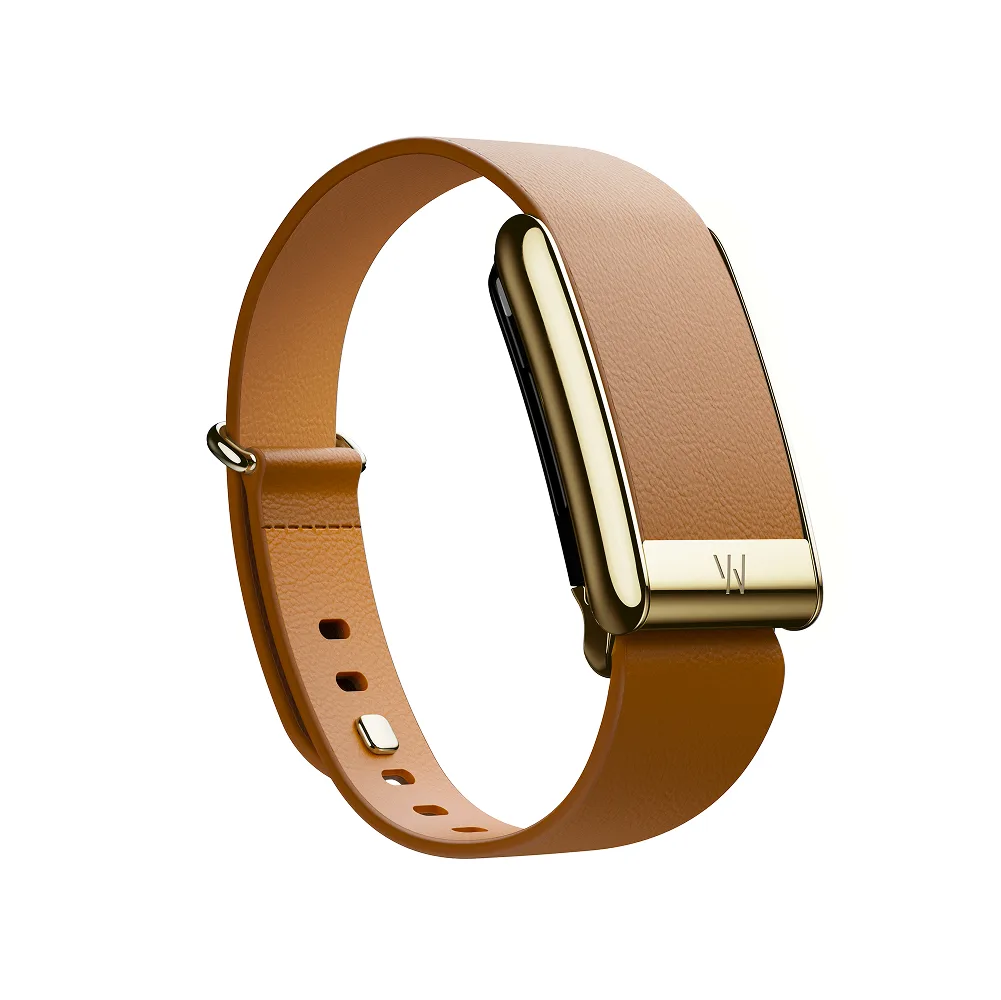
Brand: WHOOP
Cost: $199
Subscription: Yes
Battery Life: 14 days
Great for athletes, the Whoop 5.0 is a compact screen-free wristband made for 24/7 use to track recovery, sleep, and stress accurately. The Whoop 5.0 version is 7% smaller than previous models and boasts 14 days of battery life, charging wirelessly using a wearable power pack to improve efficiency.
Compared to other wearable sleep trackers, the Whoop 5.0 receives a high value for its recovery data monitoring, especially in strength training, where it integrates a muscular-load calculator to track workouts. At the start of each day, the related app provides wearers with a Strain score, assessing metrics and detailing how these scores affect their body in terms of stress, sleep, and recovery.
Pros and Cons:
- Available in 28 different colors, including custom colors.
- HSA/FSA eligible.
- Tracks training load and respiratory rate, making it an excellent option for athletes.
- A subscription is needed to get complete insights into the data provided by the ring’s tracking capabilities.
- Premium subscription needed for the FDA-approved medical grade (MG) version.
Samsung Galaxy Ring
Brand: Samsung
Cost: $399.99
Subscription: No
Battery Life: 7 days
Made with lightweight titanium, the Samsung Galaxy Ring is limited to three finishes: gold, silver, and black. Designed for seamless everyday wear, this wearable sleep tracker is water-resistant.
Throughout the day, the Galaxy Ring tracks sleep, temperature, snoring, stress levels, menstrual cycles, physical activity, and more to improve data accuracy and provide valuable information. Without needing a subscription, users can access the app and the data provided by the ring to examine biometric data.
Pros and Cons:
- HSA/FSA eligible.
- Doesn’t require a subscription to access the full features of the ring.
- Only available in three colors.
Garmin Venu 3

Brand: Garmin
Cost: $449.99
Subscription: No
Battery Life: 14 days
Becoming increasingly popular as of late, Garmin has stepped forward with a new and data-rich smartwatch fitness and sleep tracker. The Venu 3 masterfully intertwines Garmin’s fitness tracking prowess with comfortable everyday wearable tracking capabilities to better integrate biometric monitoring of sleep, recovery, stress, and fitness using Garmin Connect.
The Garmin Connect, the brand’s special technology, allows wearers to access contactless payments, voice assistant support, ECG capabilities, workout detection, and comprehensive recovery, stress, and sleep insights.
Pros and Cons:
- Available in seven different wristband colors.
- Great for athletes wanting to track fitness and health data.
- Not HSA/FSA eligible.
- Bulkier than other wearable tracking options.
Fitbit Inspire 3
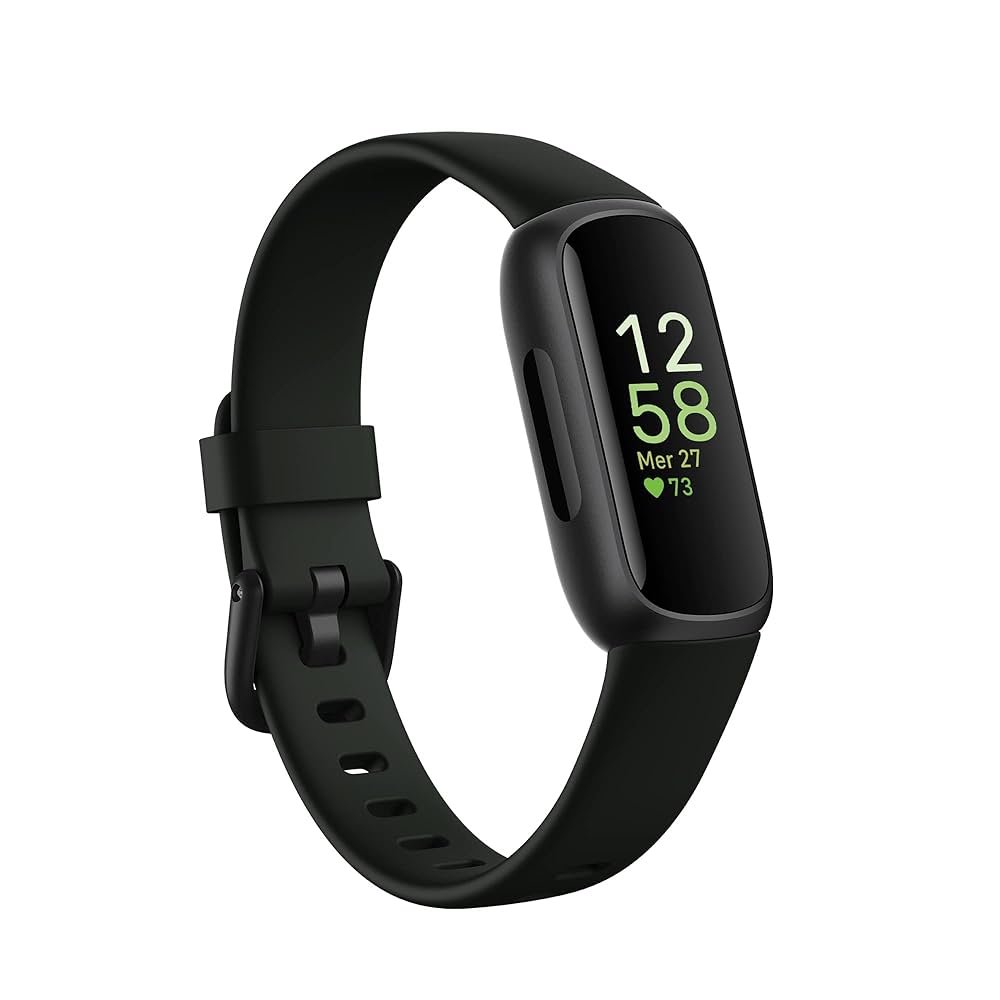

Brand: Fitbit
Cost: $99.95
Subscription: Yes
Battery Life: 10 days
Another top contender is the Fitbit Inspire 3, an affordable option for tracking data for sleep, recovery, and stress. Great for newbies, this wearable tracker is slim and lightweight in design, making it easy and comfortable to wear daily.
Although an entry-level wearable tracker, the Fitbit Inspire 3 features powerful properties to monitor heart rate, skin temperature, and SpO₂. Along with this date, this wearable also establishes insights on stress management, guided breathing, sleep tracking, and Active Zone Minutes.
Pros and Cons:
- Great for beginners.
- Lightweight and comfortable design.
- This is an affordable option compared to other wearable trackers.
- A subscription is needed to get complete insights into the data provided by the watch’s tracking capabilities.
- Limited to three color options.
- Not HSA/FSA eligible.
Ultrahuman Ring Air


Brand: Ultrahuman
Cost: $349
Subscription: No
Battery Life: 4-6 days
The ultralight and slim design of the Ultrahuman Ring Air makes wearing it daily a comfort instead of an intrusion on one’s day-to-day life. This smart ring is available in six different finishes, though some may not like the limited metal-based design.
Integrating the Ultrahuman Ring Air allows wearers the capability to track sleep stages, skin temperature, stress rhythm, VO₂ max, SpO₂, heart rate, and so much more. Wearers can easily access the data-rich insights on the app without requiring a subscription. Using the app, different insights can be provided, such as circadian alignment, recovery trends, improvements in sleep habits, and movement trends.
Pros and Cons:
- Available in six different finishes.
- HSA/FSA eligible.
- No subscription needed.
- Free sizing kits provided.
- Reviews show that the app is a bit messier in comparison to Oura’s.
Google Pixel Watch 3


Brand: Google
Cost: $349.99
Subscription: No
Battery Life: About 1 day
The Google Pixel Watch 3 is equipped with Fitbit integration to offer robust biometric tracking capabilities, such as data-driven insights on heart rate, SpO₂, sleep detection, respiration, and HRV. Its design also provides Loss-of-Pulse Detection, an FDA-cleared emergency feature.
Wearers can examine sleep scores, daily readiness, target load, cardio load, and the morning brief to assess a proactive health snapshot. Using skin temperature, heart rate, and HRV, the watch provides accurate and insightful metrics into recovery trends.
Pros and Cons:
- No subscription needed.
- Provides daily readiness scores, cardio load tracking, and customized target load recommendations.
- Limited to four color options.
- Low battery life.
- Not HSA/FSA eligible.
While productivity and exercise are crucial, prioritizing health and recovery is equally essential for achieving optimal outcomes. In today’s world, there are countless options for wearable devices to track step count, calorie estimates, sleep quality, and more.
This article provides the top wearables for tracking sleep, stress, and recovery, so that you can get the most out of your day-to-day.
How accurate is the Oura sleep study compared to Whoop?
Both Whoop and Oura provide accurate sleep tracking, with studies backing the similarities in results when compared to the polysomnography (PSG). A 2018 trial noted the effectiveness of the Oura Ring compared to the PSG was 96%, although there were discrepancies when wearing it on your ring finger. In this study, the Whoop 3.0 was correct 86% of the time while the Oura Ring was correct 89%.
Which Garmin is best for sleep and recovery?
The Garmin brand has several powerful contenders for the top spot in tracking sleep and recovery. Most noteworthy is the Garmin Venu 3, although other contenders such as the Garmin Index Sleep Monitor, Garmin Fenix 7 Pro Series, and Garmin Vivosmart 5 should also be considered.
What does the Oura ring do?
The Oura Ring is a smart ring used to track various health metrics, including sleep, stress, recovery, and activity. Using this information, such as heart rate and body temperature, the data provided by the ring can help you pinpoint sleep disruptors, high stressors, and habits that need management.




